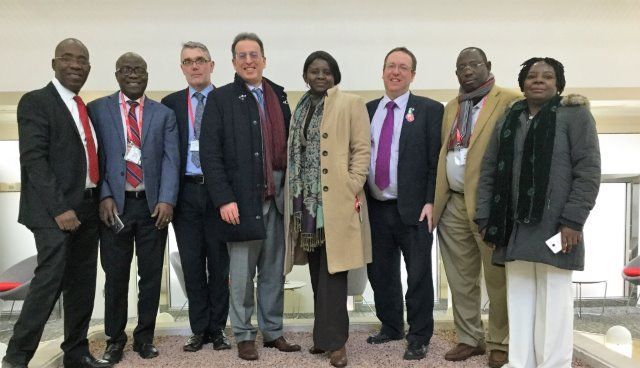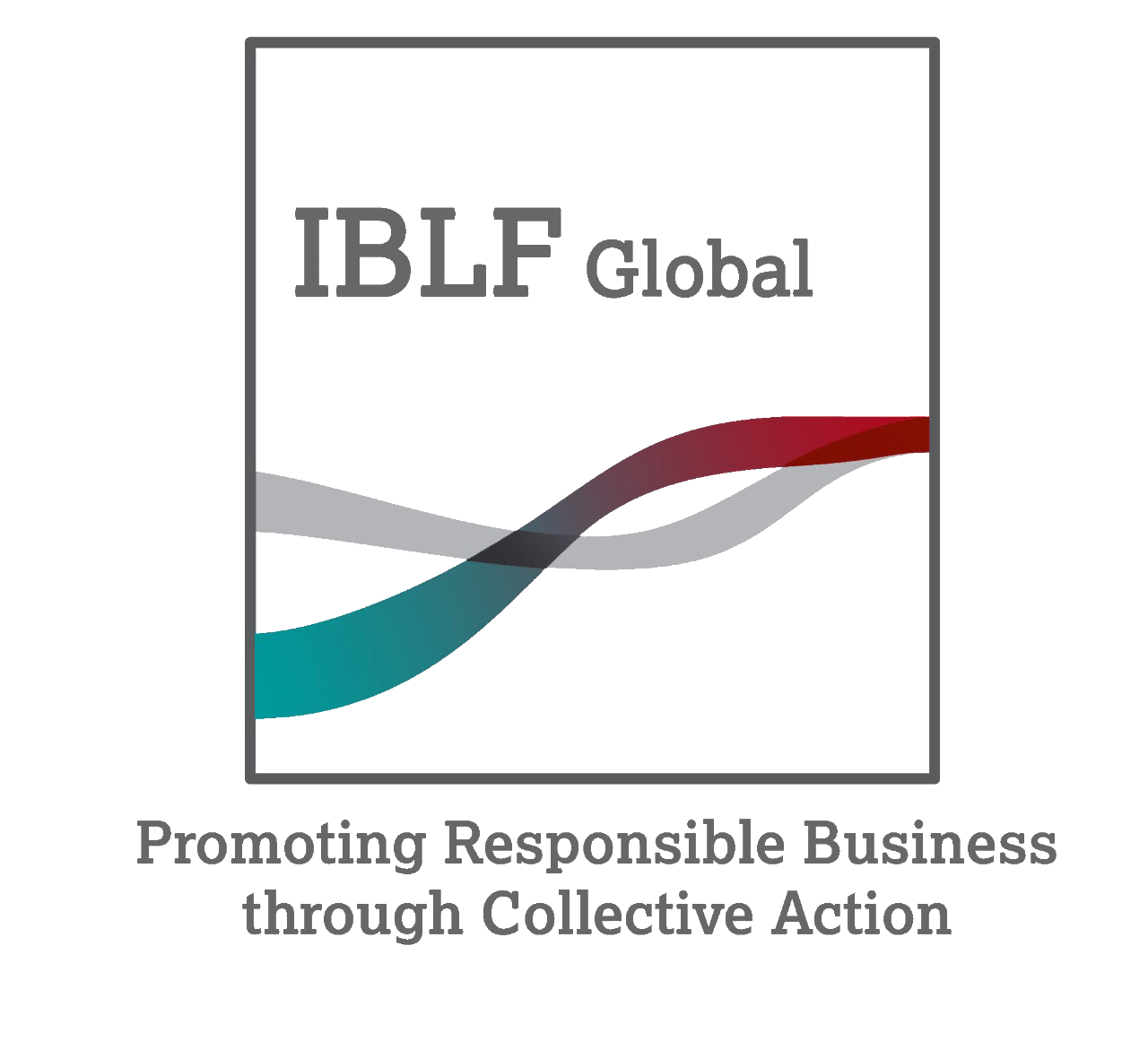2017 Visits to the UK on Beneficial Ownership
Exchange Visit to the UK on Beneficial Ownership by Federal Ministry of Justice Nigeria
January 20, 2017
In late January, IBLFG Global organised the visit of a group of Nigerian officials to London to exchange information and best practices with their UK counterparts about beneficial ownership, and in particular the establishment and management of a register of beneficial owners.
[Photo from left to right: Muniru Wambai, Director, Finance and Accounts Corporate Affairs Commission, Cliff Osagie, Consultant, Waziri Adio, Executive Secretary Nigerian Extractive Industries Transparency Initiative, Juliet Ibekaku, Federal Ministry of Justice and Project Team Lead, and Grace Ekanem, Deputy Director, Public Prosecutions.]
The visit came in the wake of the London Anti-Corruption Summit held in May 2016, when Nigeria’s President made a number of commitments to strengthen the legal framework and enforcement around beneficial ownership.
The Federal Ministry of Justice and IBLF Global have now published the findings of the group following the visit to London. The report outlines some of the things learnt from the experience of introducing a beneficial ownership register in the UK, and how these lessons can be usefully applied to the Nigerian case.
"If the beneficial ownership register can be introduced successfully in Nigeria, it will help to rebuild the confidence of foreign investors in the Nigerian economy who are keen to see more transparency in both business and Government affairs. It will also become a reference point for other countries in Africa and beyond, thus further improving the reputation of Nigeria as a place where transparent and fair business can be done." The Policy Brief, 2017 can be found on the web-site of the Federal Ministry of Justice.
In the report there are recommendations for the Nigerian Government about the possible shape that the register might take. The recommendations cover structural and administrative challenges that would need to be overcome in the initial setting up of the register. They also highlight areas for special attention such as the level of the reporting threshold, reliability and verification of data, sanctions in case of non-compliance, as well as institutional support and training for relevant officials.

IBLF Global
c/o SKS Ramon Lee Ltd
93 Tabernacle Street,
London EC2A 4BA,
United Kingdom
© 2013 IBLF Global. ALL
RIGHTS RESERVED

